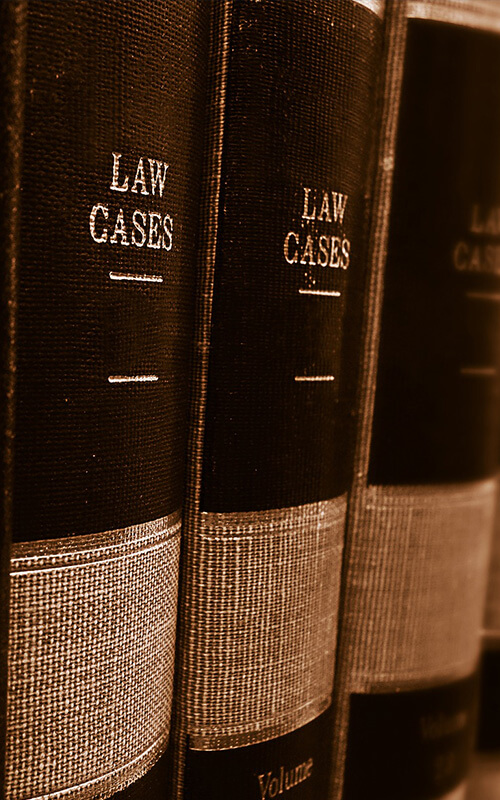Phuket Property Laws – An Inconvenient Truth
Anyone buying a property in Phuket must ensure that their purchase is done according to the laws of the Kingdom. In certain respects, these laws are not dissimilar to those in most western countries. There is, however, one major hurdle that foreigners must contend with: they are prohibited from owning land.
For the sake of clarity, this also refers to any villa, estate house, shop house or townhouse, the ownership of which is inextricably tied to the land. Foreigners are allowed to own such homes, but only the physical building itself. It is a common arrangement for foreigners that they own building, but lease the land on which it sits. While there are properties that have been explicitly legally structured for foreign freehold ownership, these are not yet commonplace. There are extremely limited and exceptional circumstances under which a foreigner can purchase land, and these are covered below.
Embedded in Thai culture is the intrinsic belief that Thailand be, first and foremost, a country for the Thai people. Phuket property law reflects this sentiment, and it protects land ownership for the people of Phuket.
Land ownership laws in many countries are influenced by a cultural bias, in this case Thai culture and Thai laws. The authorities have always worked to preserve this element of their culture, irrespective of how many foreigners live here.
Over the years, there have been countless rumours of pending changes to land ownership laws, but there has never been any true indication that the law will ever actually change. It is safe to say that nearly every non-Thai would at least like to see the laws on foreign ownership be relaxed a little. Someone interested in Phuket property deserves help understanding both the letter and the spirit of the law today. The reality is that Thai law leaves almost no clear and direct path to land ownership for foreigners.
This is an inconvenient truth for the multitude of villa developments in Phuket marketed to foreigners as freehold property. Foreign buyers are encouraged to get around the law by using Thai company structures. But a considerable percentage of these arrangements are mere holding vehicles to purchase landed property, employing nominee shareholders. And these holding companies are unlikely to stand up to legal scrutiny should this ever become an issue.
It is possible to use a Thai company that operates as a legitimate tax-paying business. But any foreign buyer should be wary of putting their faith (or their money) in other supposed “loopholes” – technicalities of law lacking any recent legal precedent, which are unlikely to survive a legal challenge.
A number of the “foreign ownership” arrangements addressed in the pages to follow have been struck down by Thai courts – some quite recently, and buyers/investors of Phuket real estate deserve clear explanations as to why these may not be as rock solid as certain individuals may lead them to believe.
In fact, when it comes to landed property, leasehold contracts are the easiest way to secure long term habitation, however leaseholds also come with certain risks, as the maximum term for a leasehold by law is only 30 years, so occasionally things do go wrong. But if done correctly, covering all legal angles, and developers are decent people and their circumstances do not change, a leasehold can prove to be a sound investment, too.
There is always the risk that any attempt by a foreigner to violate either the letter or the spirit of Thai law will not end well. If a foreigner wants to stay in Phuket, and have a home here, there are still a number of ways to go about it. Not titled land ownership, but certainly the right to live in a property for as long as they wish, provided they follow Thai law.

The Letter of the Law vs. The Spirit of the Law
HAVE YOU HEARD THE EXPRESSION “THE SPIRIT OF THE LAW”, AND WERE WONDERING WHAT IT MEANT?
If you’ve ever watched an American courtroom drama you will have seen criminals going free because of technicalities or loopholes. The clever lawyers always find a way to get around the letter of the law, and the judges begrudgingly have no choice but to agree with them. It seems that lawyers getting around the law is as much a part of American culture as baseball and apple pie.
The law is deeply ingrained in every culture, and we can no sooner discard law as a cultural belief than we can the rituals and traditions of our ancestors. In Phuket and Thailand, cultural attitudes are the basis for the “Spirit of the Law’’, which judges may enforce as readily as they do the letter of the law.
Whereas discrepancies in other countries create loopholes, in a Phuket court the judges are fully aware of the lawmaker’s intent, and this intent can and does form the basis of some decisions. The intent of the law where property is concerned is that foreigners may not own land or permanently possess landed property (e.g. a villa). This may not necessarily be the literal wording of the law, but the cultural connection of Thai land to Thailand is understood by every judge in every court.
Thai judges are empowered to make rulings based on the Spirit of the Law, and when it comes to foreign land ownership in Phuket, the spirit of the law will trump the letter of the law every time. And no foreigners should be under the illusion that a supposed loophole, or even the best legal defence, will be able to protect them in defence of ownership or control of physical land.

Social Contact